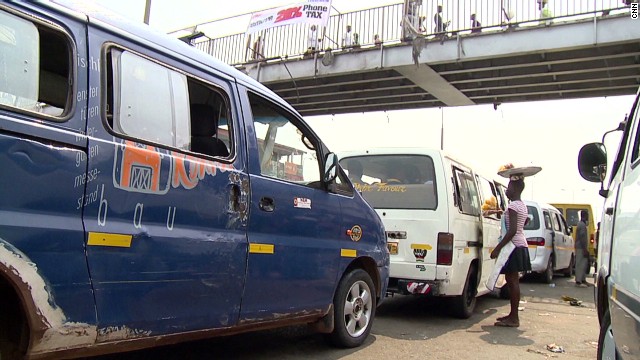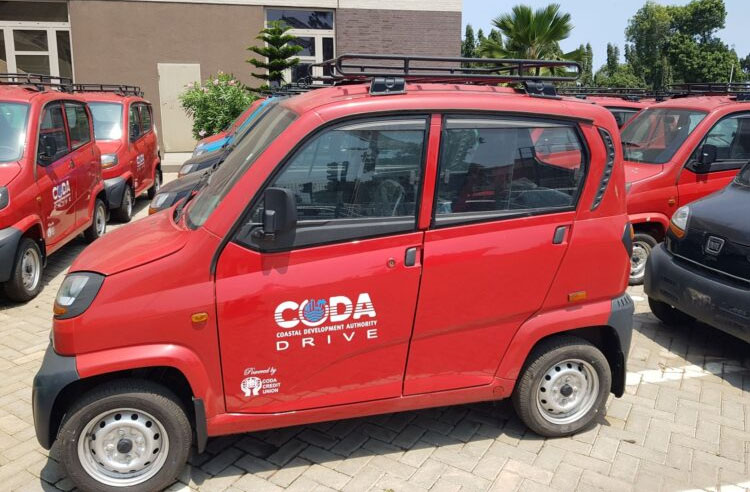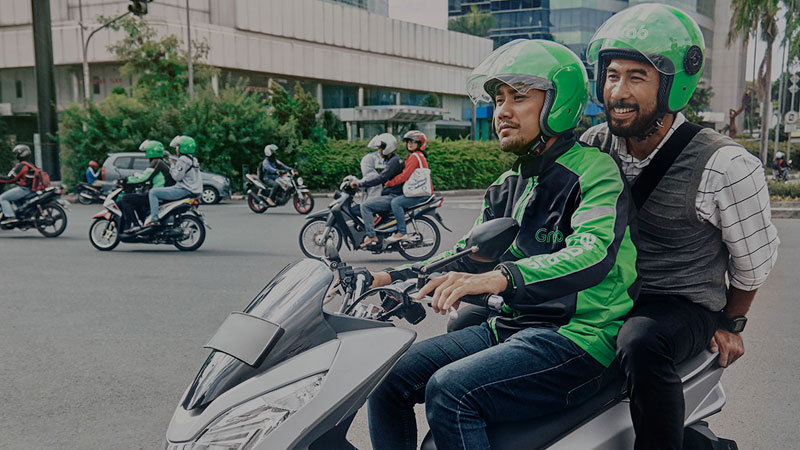There has been debate surrounding the legalization of motorcycle taxis, most popular known as “Okada” in Ghana. The topic has spurned intense discussion and varying opinions.
Although the use of Okada is still technically illegal in Ghana, there are still riders who regularly transport people back and forth to their various destinations. When you add in the constant traffic in the city from a lack of sustainable public transportation, Okadas make a lot of sense for people trying to get to their destinations in a reasonable time.
There are safety issues still lingering and no legal framework has been put in place to regulate the space.
Regardless, it might be time for stakeholders to consider the legalisation of Okadas and use other countries as a blueprint.
Okada and Public Transportation
In Ghana, Okada transportation has become an indispensable means of transport over the last decade, especially in areas where the road infrastructure is less developed or public transport is insufficient.
The potential legalization and regulation of Okada have been proposed as a means to provide employment for up to a million Ghanaians and improve the efficiency of transportation.

Currently, Ghana’s public transportation consists mainly of trotros, taxis, buses, and ride-hailing services. As more and more cars are imported into the country, traffic congestion continues to grow which increases the length of time cars are on the road.
Okadas present themselves as an alternative option to go from one destination to another, weaving in between vehicles on the road, making up for lost time due to congestion.
“Political” Intervention
In 2021, the Government rolled out its “Okada4CODA” project whereby a total of 200 Bajaj Qute cars were to be distributed to Okada riders as part of efforts to reduce motorbike-related accidents in the country.

The Motor Riders Association of Ghana (Okada) however pushed back on the project and reiterated their earlier demands to make the commercial use of motorbikes a legal means of commercial transport.
It has since been reported that the Government is working with the Motor Traffic and Transport Department (MTTD) to introduce a policy designed to regulate the usage of Okada but no updates have been provided as of yet.
“Okada” In Other Countries
Looking at other countries, the Okada business is legal and thriving in several places, with varying degrees of regulation.
In Kenya, there is a form of motorbike takes which are referred to as “Boda Bodas“. They are a popular mode of transportation in Kenya, especially in urban areas and remote locations where other forms of transport might not be as accessible or efficient.
In other countries like Indonesia and Thailand, motorcycle taxis are a legal and regulated part of the transport system, providing quick and affordable transportation options for city dwellers.
Ride-Hailing Companies Already Operate “Okadas”
Ride-hailing companies have taken advantage of countries where “Okada” is legal.
In Kenya, Uber launched an electric motorbike service in Kenya, known as “Boda,” which is part of their initiative to reduce emissions by 2040.
In countries in Asia, companies like Grab and Gojek dominate the “Okada” market in Southeast Asia, with Grab operating in over 200 cities across 8 countries.

Blueprint To Legalisation
The experience of these countries shows that while legalizing Okada can offer economic benefits and improved transportation, it also requires robust regulatory frameworks to ensure safety and order on the roads.
Ghana can learn from these examples by considering the successes and challenges faced by these countries in regulating motorcycle taxis.
As Ghana navigates this complex issue, the experiences of other countries provide valuable lessons on the importance of balancing economic benefits with safety and regulatory considerations. The decision to legalize Okada will not only impact transportation but also the socio-economic landscape of Ghana.
The ongoing discourse on Okada legalization in Ghana reflects a broader conversation on how to create sustainable and safe transportation systems that cater to the needs of the population while fostering economic growth.
Catch up on news and other tidbits on our WhatsApp Community Page, Twitter/X, and subscribe to our weekly newsletter to ensure you don’t miss out on any news.







